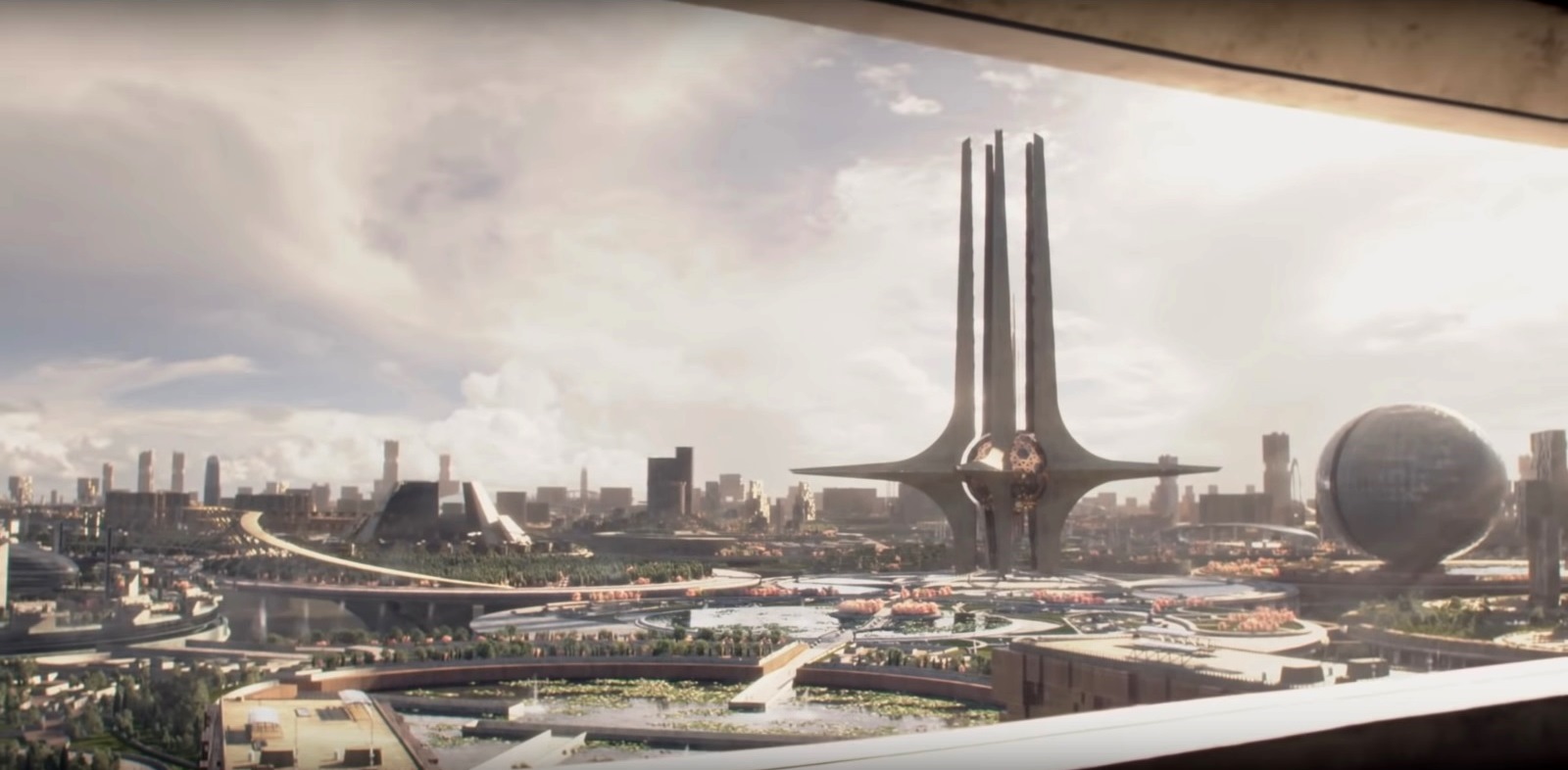
Miranda declares, “O, wonder! How many goodly creatures are there here! How beauteous mankind is! O brave new world that has such people in it!” Miranda’s exuberance of youth filters out any trace of cynicism, as she only sees the beauty of people. Her reaction, both innocent and idealistic, is one of wonder and amazement. In fact, the title of the book, Brave New World, comes from Shakespeare’s play, The Tempest, where Miranda, who is only aware of her father, Prospero, and their slave, Caliban, is introduced to the savage people on an island for the first time. Happiness is derived “from consuming mass-produced goods, sports such as Obstacle Golf and Centrifugal Bumble-puppy, promiscuous sex, “the feelies” (movies that are experienced not only by sight and sound, but also by touch), and, most famously of all, a supposedly perfect pleasure-drug, soma.” Soma is a type of euphoriant that gives rise “to only shallow, unempathetic, and intellectually uninteresting well-being.” Following in the footsteps of Zamyatin’s We, Huxley’s description of a culture that is endlessly distracted by the trivialities of artificially induced happiness is at the heart of his dystopian vision. The more we rely on the exactitude of science to categorize, control, manipulate, predict, and envelop our every move, the more dystopian we become. All citizens of the World State exist in a meticulously engineered happy state, which keeps them perpetually distracted. The Alphas become the leaders and the Epsilons perform menial labor. Each class is assigned a name: Alpha, Beta, Gamma, Delta, and Epsilon. Those who belong to the lower classes are engineered to be less perfect. Some of the citizens are destined for the higher class, which means they are perfected physically and mentally at the embryonic stage. Using chemicals and hormones, each thus-created child has a predetermined function and is assigned to a particular class. One of the mantras of the World State is that “everyone belongs to everyone else.” Children are not born, but rather created outside the womb and cloned. Children are conditioned to ignore their emotions and sense of individual identity. Individuality and the freedom of choice are forbidden.

Huxley’s dystopian society is called the World State, which operates on the principles of science and efficiency. The year is 2540 CE or 632 AF, where AF stands for “After Ford.” Ford’s assembly line is so revered that a new era began in 1908 CE, which is the year Ford first introduced the Model T.

As we look at Huxley’s work, we will find striking parallels to Zamyatin’s dystopian novel, We.īrave New World is also set in the distant future.


 0 kommentar(er)
0 kommentar(er)
